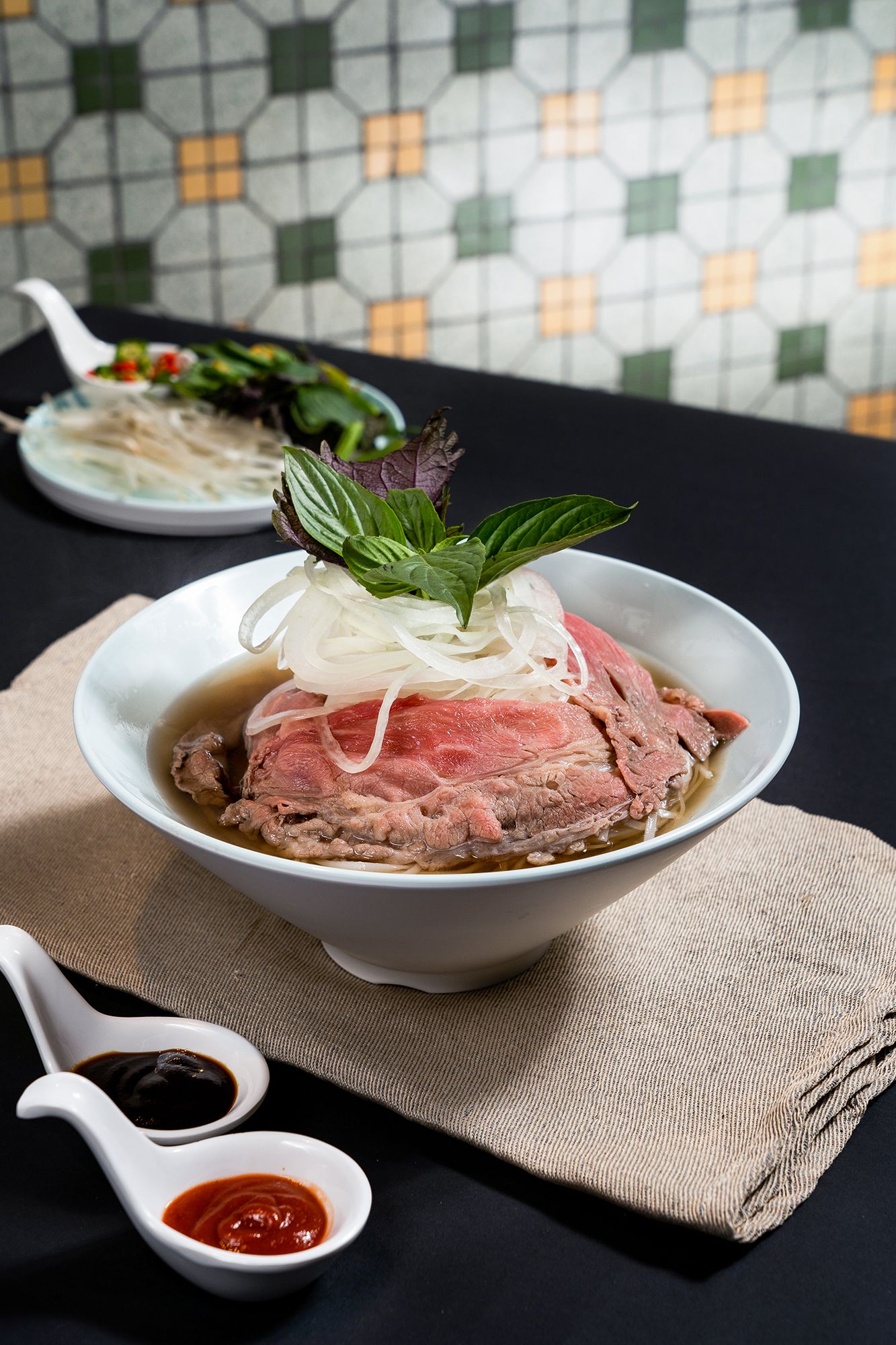Amid the pandemic, a hot meal is a luxury and a privilege—and organisations large and small have stepped up to help those going hungry in the city
In Hong Kong, many are having a tough time as a result of the Coronavirus pandemic, from the businesses struggling to stay afloat to those who have lost their jobs—the city’s unemployment rate rose to 6.2 per cent, its highest in more than 15 years and, with no clear end to the situation in sight, individuals and organisations are stepping up to do what they can to help Hong Kong's most vulnerable communities.
These are dire times: between 2011-2012 and 2017-2018, the number of registered street sleepers in Hong Kong more than doubled from 511 to 1,127—in 2020, that increased to over 1,300, though experts believe the actual number would be far greater—even double—given the stigma attached to being homeless. According to 2018 figures released by the government, poverty in the city is at a record high: 1.4 million people, or 20.4 per cent of the population, live below the poverty line with 2020 looking to add to that number.
As a result, more than ever people are going hungry. While headlines earlier in the year made light of residents fighting over and stockpiling bags of rice and tins of spam amid fears of a break in the supply chain, the reality is that for many in Hong Kong, having enough food has always been an intense struggle.
Related: Five Ways To Give Back In Hong Kong
Food charities such as Feeding Hong Kong have put out pleas to the public as donations and volunteer numbers both dwindled over the past few months, with Covid-19 and social distancing measures affecting supply as well as manpower. In an open letter, the charity outlined how in February alone their volunteer numbers dropped by 80 per cent while some of their regular channels of surplus food, such as the airport, dropped to 50 per cent. In response, the team set up a virtual food drive to direct financial donations to the purchase of shelf-stable essentials such as rice, dried noodles and canned goods and, through perseverance, still managed to donate 610,000 meals between February and May to those that are most vulnerable.
With travel stunted for the long term, Feeding Hong Kong have also partnered with Asia Miles so that any extra miles you have can be used to fund meals to be given to vulnerable low-income families. For every 1,820 Asia Miles, your donation will translate into 20 meals for a family food parcel; the campaign has been running since May, and will last until the end of August.


